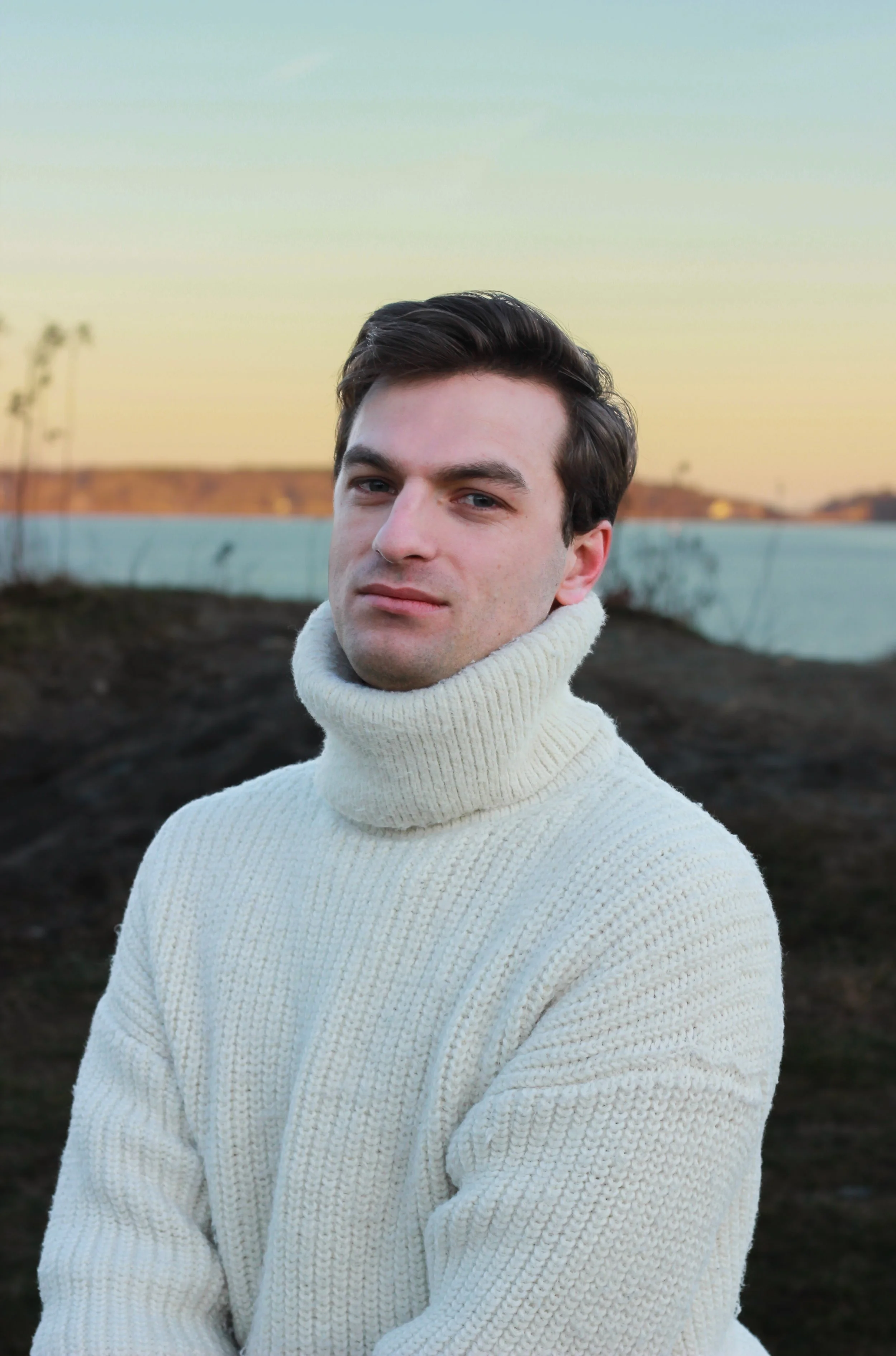Social Clubs
Sports, Nightlife, Social.
SPORTS & ACTIVITIES
-
A climbing meetup for LGBTQIA+ folks in Downeast Maine in partnership with Bar Harbor Pride.
For more information, explore the following links: Website.
-
Monthly kickboxing class and sparring session. We hope to create a space for queer people to find community in combat sports!
For more information, explore the following links: Instagram.
-
Dodgeball, volleyball, bowling, pickleball, and kickball.
For more information, explore the following links: Linktr.ee.
-
LGBT climbing in Maine! We meet every Thursday at Evo Rock Portland from 6-9pm!
For more information, explore the following links: Instagram.
-
We foster an inclusive and empowering atmosphere for everyone interested in surfing, skateboarding and other related activities.
For more information, explore the following links: Website.
-
A queer dipping community in Southern Maine.
For more information, explore the following links: Instagram.
-
Free trail running, hiking, and walking events for every body.
For more information, explore the following links: Instagram.
-
Lead. Follow. Move with joy. Ballroom for every body & everybody. Dance socials + 6-week classes.
For more information, explore the following links: Instagram.
NIGHTLIFE
-

Guerilla Queer Bar
Pop-Up at Portland Bars.
-

Sapphic Saturday
Pop-Up at Portland Bars
-
Monthly Queer line dancing and lessons.
For more information, explore the following links: Instagram.
-
Guerrilla Queer Bar: Maines largest LGBTQ+ event series! GQB is a monthly bar take over for the Queers of Maine!
For more information, explore the following links: Instagram.
-
Sapphic Maine is an LGBTQ meet up based in Portland, ME.
For more information, explore the following links: Instagram.
-
Queer Dance Party.
For more information, explore the following links: Instagram.
-
LGBTQ+ Dance Pop-Up.
For more information, explore the following links: Instagram.
-
Portland Line Dance Party for Queers+Allies.
For more information, explore the following links: Instagram.
SOCIAL
-
Unleash your inner geek and make new friends in the process!
For more information, explore the following links: Linktr.ee.
-
Queer Connect is a safe social space for the queer community of Bangor, ME!
For more information, explore the following links: Facebook.
-
EverKind Collective is a hub for projects that inspire, uplift, and give back. Whether through storytelling or advocacy, we create meaningful change by supporting communities, amplifying voices, and fostering kindness in action.
For more information, explore the following links: Website.
ART & PERFORMANCE
-
Lavender Choir is an all ages, all voices, inclusive choir.
Our choir is the perfect place for anyone who loves singing. We sing all kinds of music, ranging from traditional choir music to acapella songs, pop, showtunes and more.
For more information, explore the following links: Profile.
-
Queer Craft Maine was founded in fall 2021 with the goal of creating more queer focused visual art events for Maine’s queer arts community. We began with our first event: the Queer Craft Winter Market 2021 and have been organizing seasonal markets ever since!
For more information, explore the following links: Profile.
-
A group of crafty queer folx who get together every week to chat, build community and make friends, all while working on our craft projects together.
For more information, explore the following links: Facebook
-
Rainbow Arts Collective supports LGBTQIA+ artists in a variety of artistic disciplines to strengthen connections across the state.
For more information, explore the following links: Website.
-
We operate from a belief that creative practice builds community care through socially conscious art; centering pleasure, celebration of revolution, and trans-cendance of our current world.
For more information, explore the following links: Website.
-
Trans Poetics Archive curates occasions for the celebration of trans narratives through collaborative multimedia programs.
For more information, explore the following links: Website.
-
MGMC features talent from all around the great state of Maine. To call them singers would be to undersell this gifted group of people who, in their hearts and spirits, are true performers. Representing many walks of life, professions, and ages, MGMC is a diverse group of individuals whose performances move audiences to tears, laughter, and cheer.
For more information, explore the following links: Website.
SUPPORT GROUPS
-
Queercovery creates opportunities for Queer people to find support, access resources, and build community as they navigate their recovery journeys.
For more information, explore the following links: Instagram.
-
Bridge Maine is a peer-to-peer support group for folks who are both disabled (including: chronically ill, mentally ill and/or neurodivergent – Self-identification is valid!) and LGBTQIA+. We meet twice per month, once on a Saturday and once on a Wednesday. People are welcome to attend both monthly meetings or just one!
For more information, explore the following links: Website.
-
To support and uplift queer voices in the trades. Friends, meetings, Pride Portland, workshops, mutual aid.
For more information, explore the following links: Instagram.
-
We are a Portland, Maine based group, dedicated to supporting other women, nonbinary, and trans people in construction and the trades. Connect, share experiences, and build a supportive community in a safe, casual, and inclusive space. Monthly meet-ups allow us to build relationships and expand communication offline.
For more information, explore the following links: Website.
-
Business networking for LGBTQ+ business owners and entrepreneurs in Maine.
For more information, explore the following links: Instagram.

